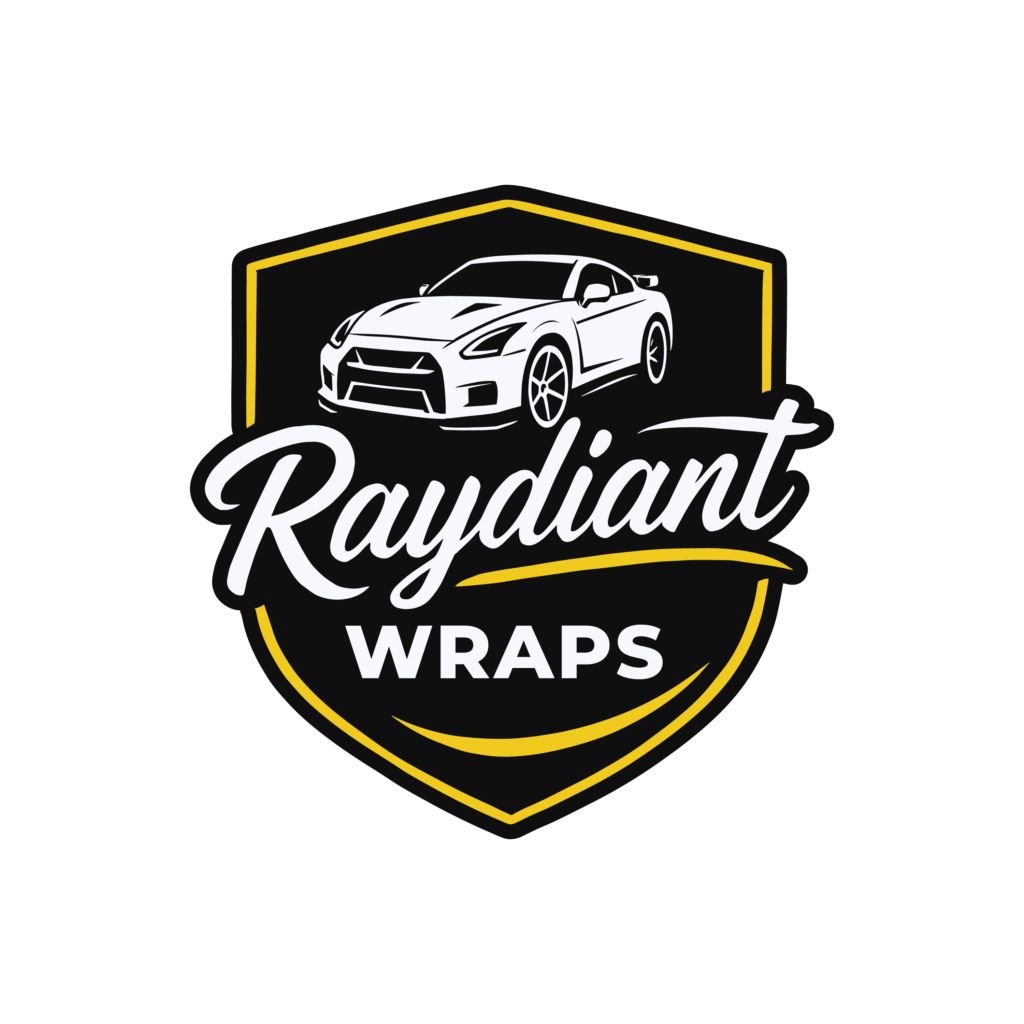When it comes to giving your car a fresh new look, most people think of repainting. But in recent years, car wraps have become a go-to alternative. Both options can transform your vehicle’s appearance, but they’re not the same in terms of cost, durability, customization, and long-term value.
So, what’s better for your vehicle a traditional paint job or a car wrap? Let’s break it down.
1. Cost Comparison
A professional paint job, especially one with custom finishes, can cost anywhere from $3,000 to $10,000 depending on quality. High-end paints or unique effects cost even more.
Car wraps, on the other hand, are usually more affordable, with full wraps averaging $2,000 to $5,000 depending on design and coverage. Wraps also allow you to change the look of your vehicle without the permanent price tag of paint.
👉 If you want customization without breaking the bank, wraps often give you more value.
2. Durability and Protection
A high-quality paint job can last 7–10 years if properly cared for, but it’s still vulnerable to scratches, chips, and fading from UV rays.
Car wraps generally last 5–7 years and act like a shield over your original paint. They protect against road debris, weather, and sun damage. Plus, when it’s time for a change, wraps can be safely removed without harming your factory paint.
👉 Wraps don’t just look good they preserve your car’s value by keeping the original paint intact.
3. Customization Options
Paint has its limits. While you can choose colors, finishes, or even specialty paints, it’s costly and permanent.
Wraps open the door to endless possibilities matte, satin, gloss, chrome, carbon fiber, custom graphics, business branding, or even photo-realistic designs. If you want your car to stand out or promote your business, wraps give you far more flexibility.
👉 With wraps, you’re not locked into one look forever.
4. Installation Time
A quality paint job can take 1–3 weeks depending on prep, curing, and finishing. That means a lot of downtime for your vehicle.
Car wraps can typically be completed in 3–5 days, making them a much faster option if you need your car back on the road quickly
5. Resale Value
Repainting a car can hurt its resale value, especially if you change the original factory color. Buyers often prefer untouched factory paint because it signals the car hasn’t been altered.
Car wraps protect the original paint underneath. When removed, the vehicle often looks just as it did the day it left the dealership which is a big advantage if you plan to sell later.port and ease of repairs thanks to warranties and expert service.
Final Thoughts: Wrap or Paint?
Both car wraps and paint have their place. If you want a permanent change and plan to keep your car for the long haul, paint might make sense. But for most people who want flexibility, affordability, protection, and creativity, a car wrap is the smarter choice.
At Raydiant Wraps in Port Chester NY, we specialize in high-quality custom wraps that not only transform your ride but also protect it from New York’s tough conditions. Whether you’re after a sleek matte finish, bold stripes, or branded business graphics, we’ll make it happen with precision and style.
👉 Ready to upgrade your vehicle? Contact Raydiant Wraps today and discover why wraps are becoming the preferred choice over paint.
